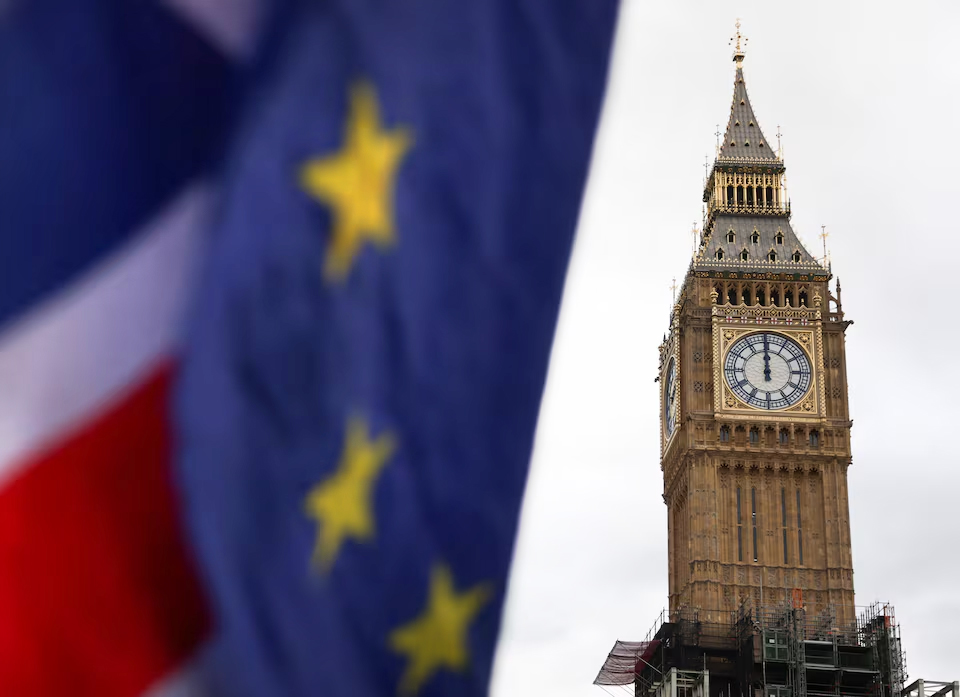The agreement on the withdrawal of the United Kingdom from the European Union, effective from February 1, 2020, left a strong political and economic imprint on the EU and, an even deeper one, on the UK.
The UK’s performance in terms of growth, inflation and public finances is considered significantly inferior to the pre-Brexit era, mainly due to trade restrictions. The resulting social implications have influenced political developments and contributed to the rise of the Labour Party to power a year ago and, more recently, to a notable increase in support for the nationalist reformist party, Reform UK, led by Nigel Farage, an ardent supporter of Brexit.
The implications of the Trump administration’s trade policy, as well as its security policy, have created fertile ground for a redesign of EU-UK relations. As a result, a framework agreement was reached between the two sides on May 19. The agreement focuses mainly on security issues, as a response to Russia’s invasion of Ukraine, while also covering trade issues and, to a lesser extent, mobility issues.
Regarding security, it was agreed that the UK would be included in the EU’s defence procurement tenders framework, aimed at strengthening the European defence industry and reducing reliance on military imports from the United States. This initiative seeks to create a more self-sufficient European defence sector by encouraging collaboration among European nations and fostering innovation within the industry.
On trade, the agreement covers agricultural products and fisheries. However, alignments are required in the regulatory sphere in order to resolve compliance matters. On a positive note, the UK has accepted, in principle, to comply with the EU regulatory framework and that jurisdiction for dispute resolution will lie with the European Court of Justice.
Furthermore, the agreement covers cooperation issues in the vital energy sector. It is important to emphasise that the agreement falls far short of a trade or customs union; therefore, obstacles to the development of bilateral trade will continue to exist.
The crucial services sector, including financial services, is not covered by the agreement. It is worth noting that the Brexit agreement did not substantially cover services either.
Regarding sensitive mobility issues, such as workforce movement, passports and student exchange, the agreement is relatively unclear.
In general, the agreement constitutes a first, albeit small, but important, step towards strengthening the EU-UK relations. The immediate results are unlikely to be dramatic; however, there is reasonable hope that future detailed agreements will further facilitate the mutually beneficial mobility of goods, services and labour.
Success depends on redefining the red lines of both sides. However, within the UK, relations with the EU continue to be a divisive issue, despite a growing perception that Brexit has had negative consequences. The rise of Nigel Farage’s party reflects general disillusionment as well as polarisation of the political electorate, as is the case in other EU countries with negative short- and medium-term implications.
Andreas Charalambous and Omiros Pissarides are economists and the views they express are personal







Click here to change your cookie preferences